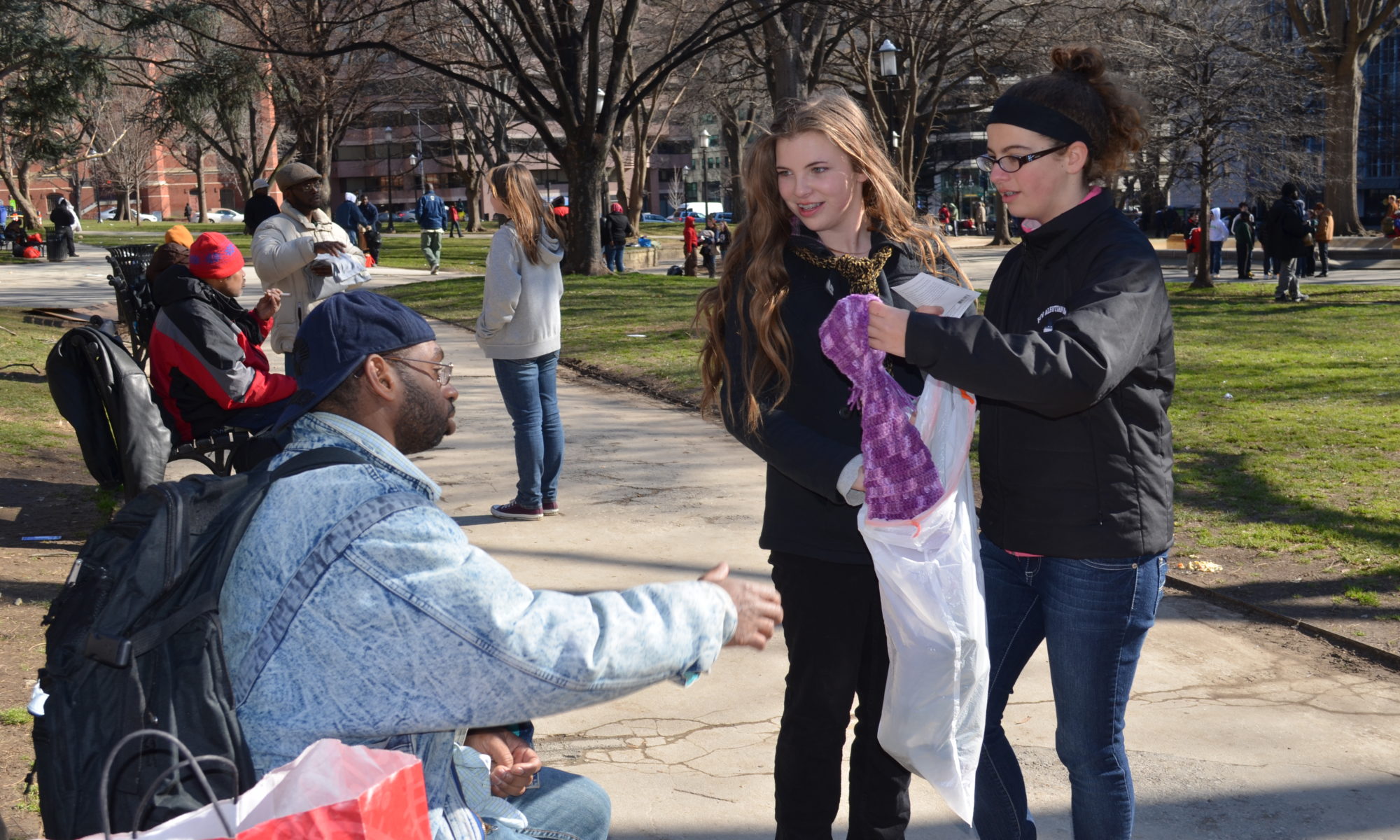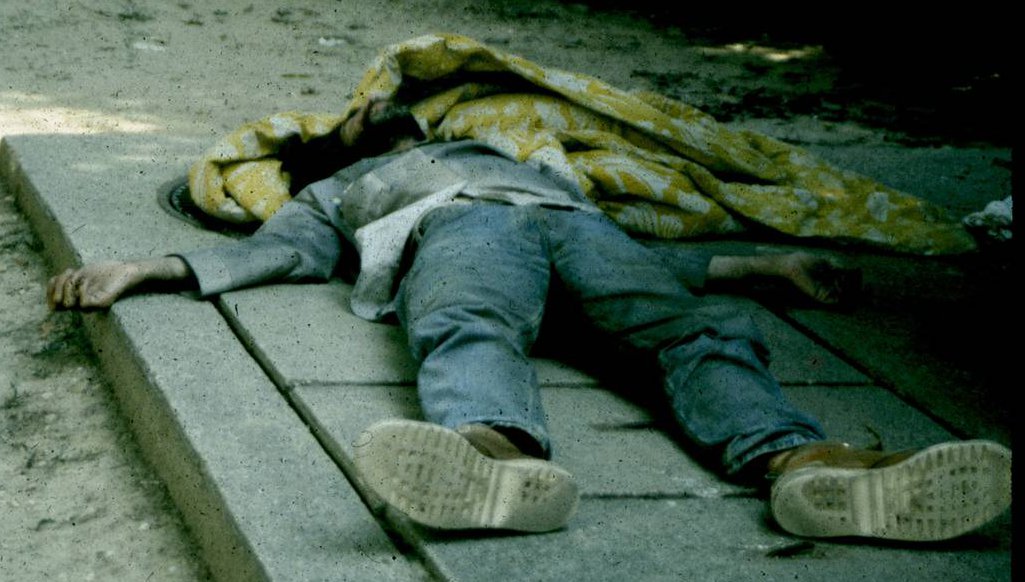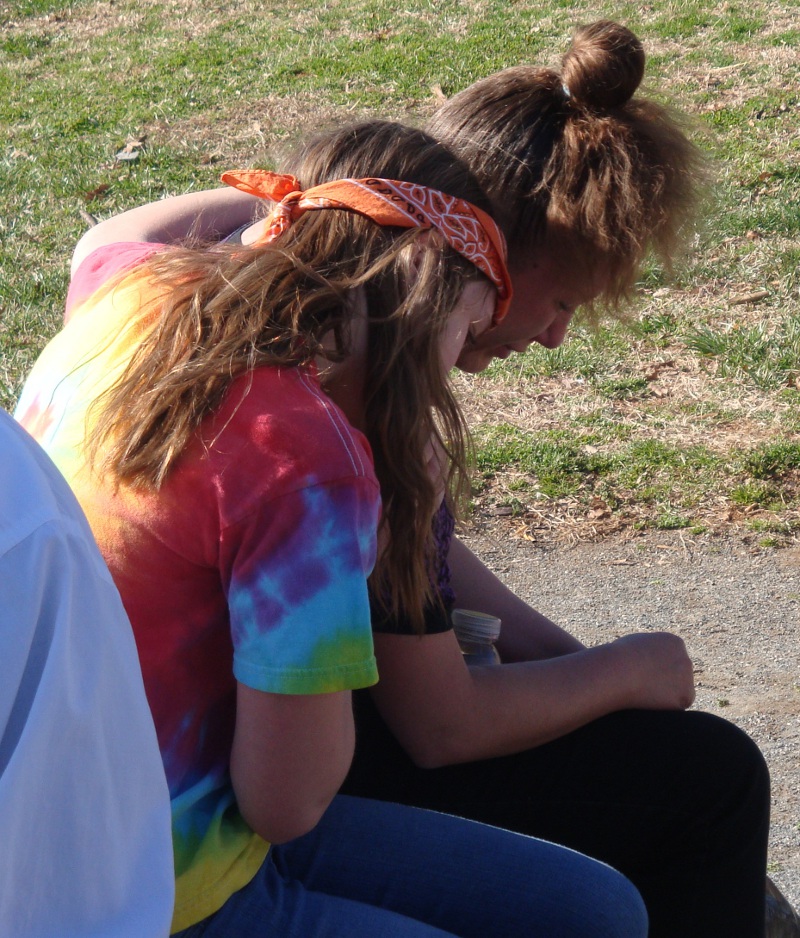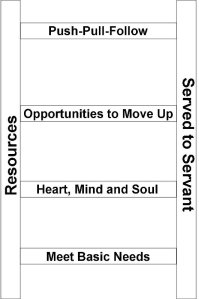by Kristen Musselman
Kristen was TOP’s intern in 2012. Here she shares a powerful encounter as we served homeless people in Richmond Virginia when we partnered with the Jeremiah Project a summer camp for middle-schoolers.
When I initially approached Miranda, the 34-year old sat alone on a bench. She greeted me with a cold stare and refused to introduce herself. Headphones intentionally shut her away from any interactions with the strangers surrounding her in Monroe Park. After an unsuccessful attempt to start conversation, I sat quietly next to her for a few minutes. I needed a water break anyways.
The pouting woman, alcohol in hand, seemed to be trying to prove to me that she needed none other than beer and headphones to make her happy. I couldn’t tell why I continued to sit with her; I felt awkward sharing the long silence together. Something kept telling me that, although this woman seemed to have zero desire to chat, I needed to stay with her anyway. Eventually, I took a second shot at starting conversation.
All morning prior to arriving at Monroe Park, I had prayed this prayer: “Lord, break my heart for what breaks Yours.” What was to follow was no-doubt an answer to that prayer. As I was asking Miranda questions, she blurted out that she’s been a victim of domestic violence for the past 16 years. She told me that she had never shared this with anyone before; I was blind-sided with her sudden openness. As she began sharing her story, her expression transformed from mistrust to softness, to buckets of tears.
Her story is repulsive, heart-wrenching. Her boyfriend has physically abused her in ways that I cannot even fathom. His most recent abuse was lacerating her whole thigh and groin, supposedly to prevent her from cheating on him. Miranda is 7 months pregnant, too, with her fifth child. I met her in her final attempt to run away from him.
Miranda and I sat together, crying, and eventually one of my middle school friends, Kayla, joined us. Kayla & I had no idea how to help her, aside from giving our ears to listen. Yet the Lord works in tremendous ways. One of our adult leaders had been through a similar situation with her ex-husband, and she was able to relate perfectly to Miranda, offering her wisdom and guidance that I would never be able to give. She shared with Miranda particular Psalms that were significant to her during her own past. Between sobs and the steady, repetitive phrase “I’m so scared,” Miranda listened.
We offered Miranda the practical help that she needed. Our adult leader drove her to the hospital, where she was readily admitted for prenatal care. As Miranda got up from the bench, she threw away her half-finished beer. Earlier she had told us that there was absolutely nothing to appease her pain and loneliness but alcohol; now she was hopeful for change.
After Miranda was driven away, I suddenly realized that about ten middle school students had been listening to our conversation and were deeply moved. We then started one of the most powerful prayer circles I have ever been in. I think we all felt so much love for Miranda that we practically stumbled over each other’s words to insert prayer after prayer. We finally stopped praying 15 minutes later. I have rarely seen kids bond so intensely, particularly over such selfless love for another person. My conversation with, and ensuing prayers for Miranda were by far the most rewarding part of the Jeremiah Project.



